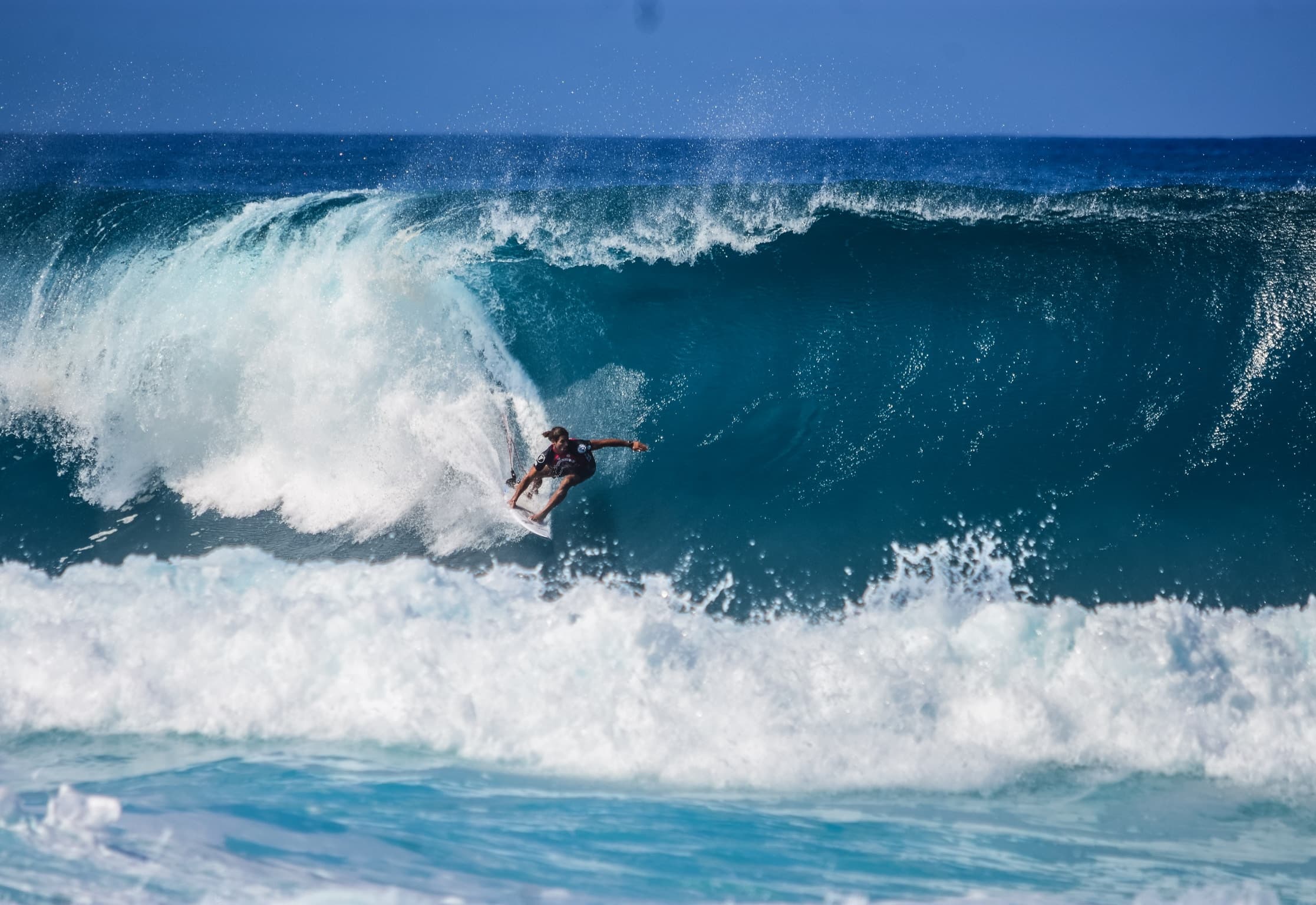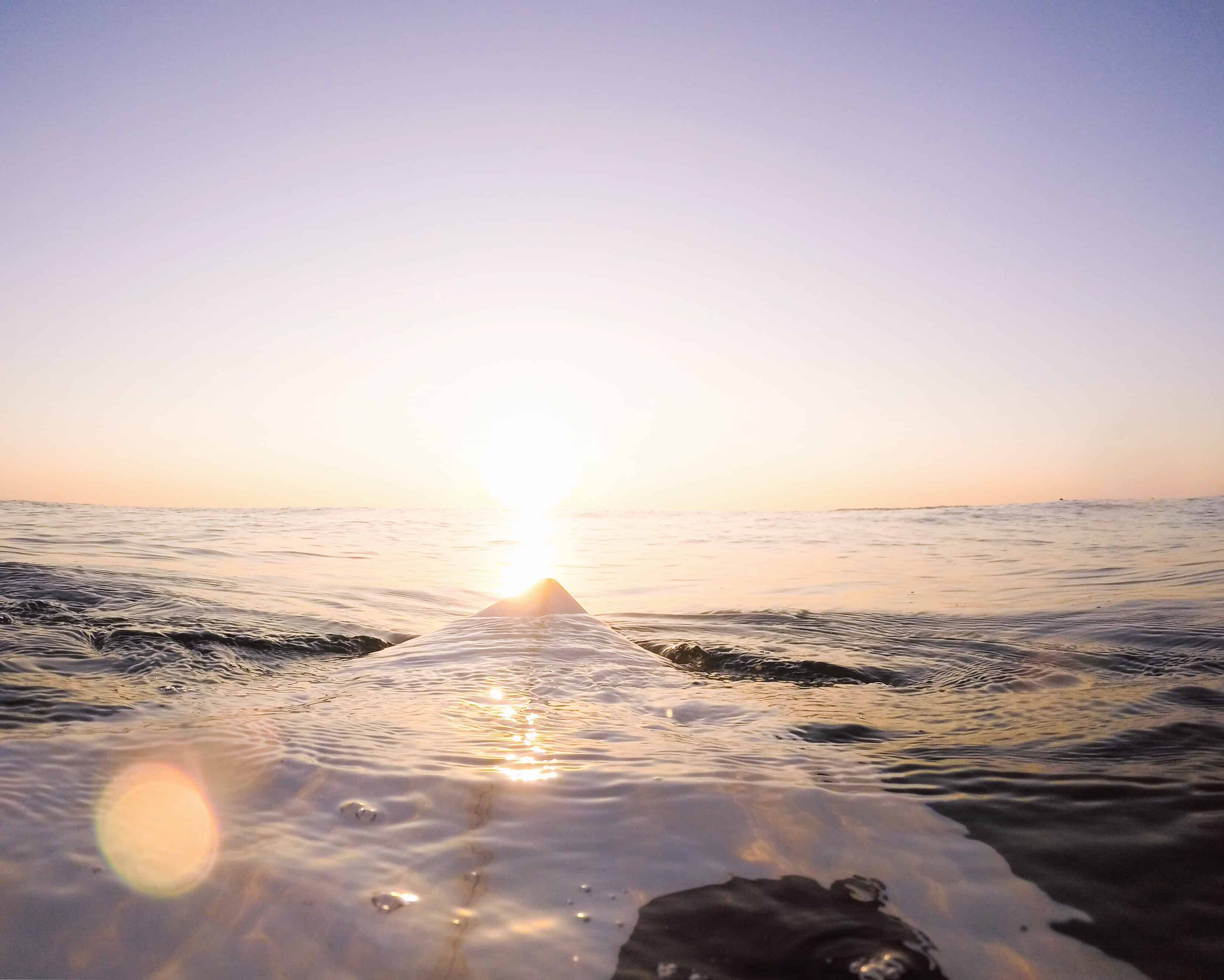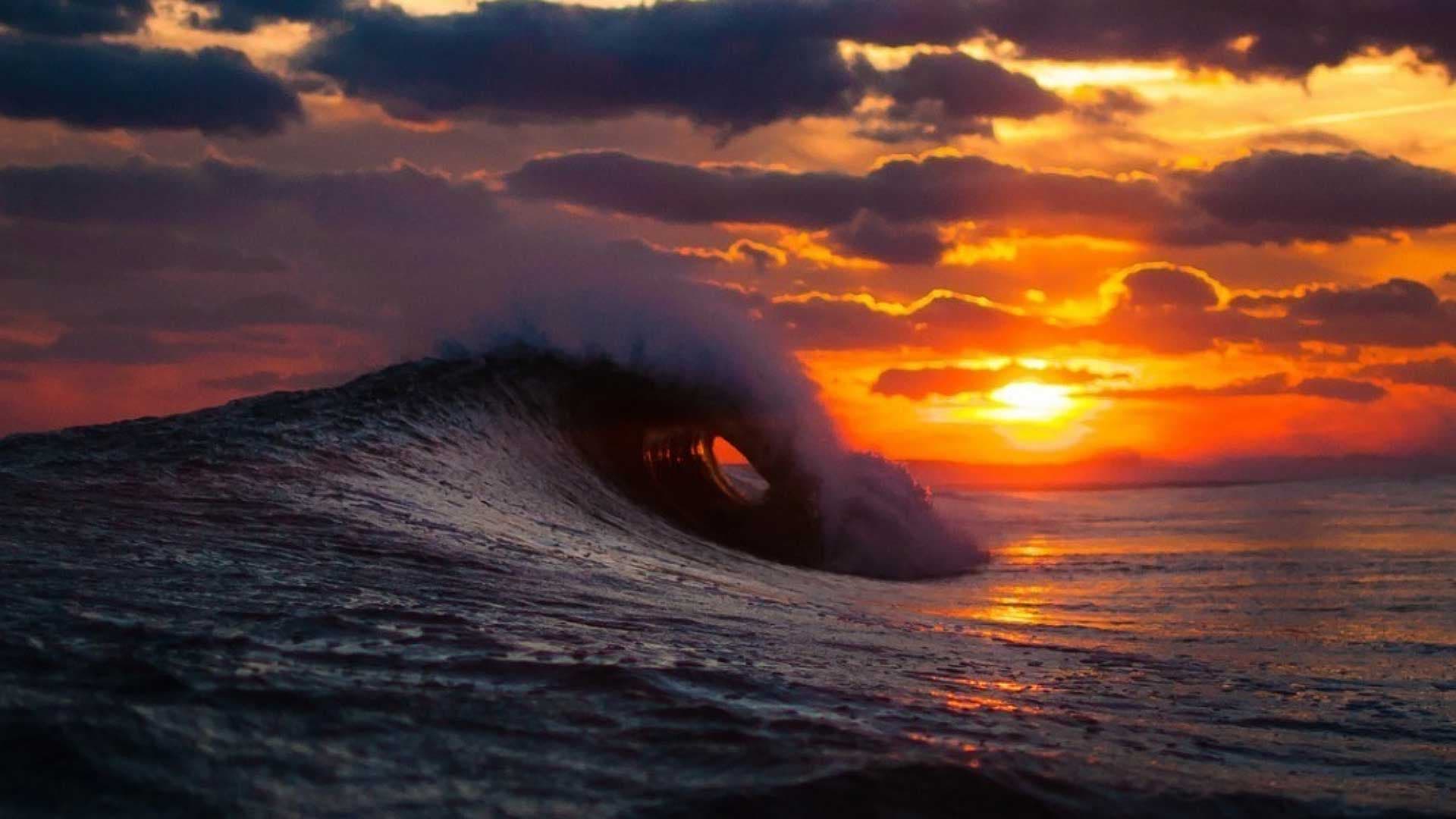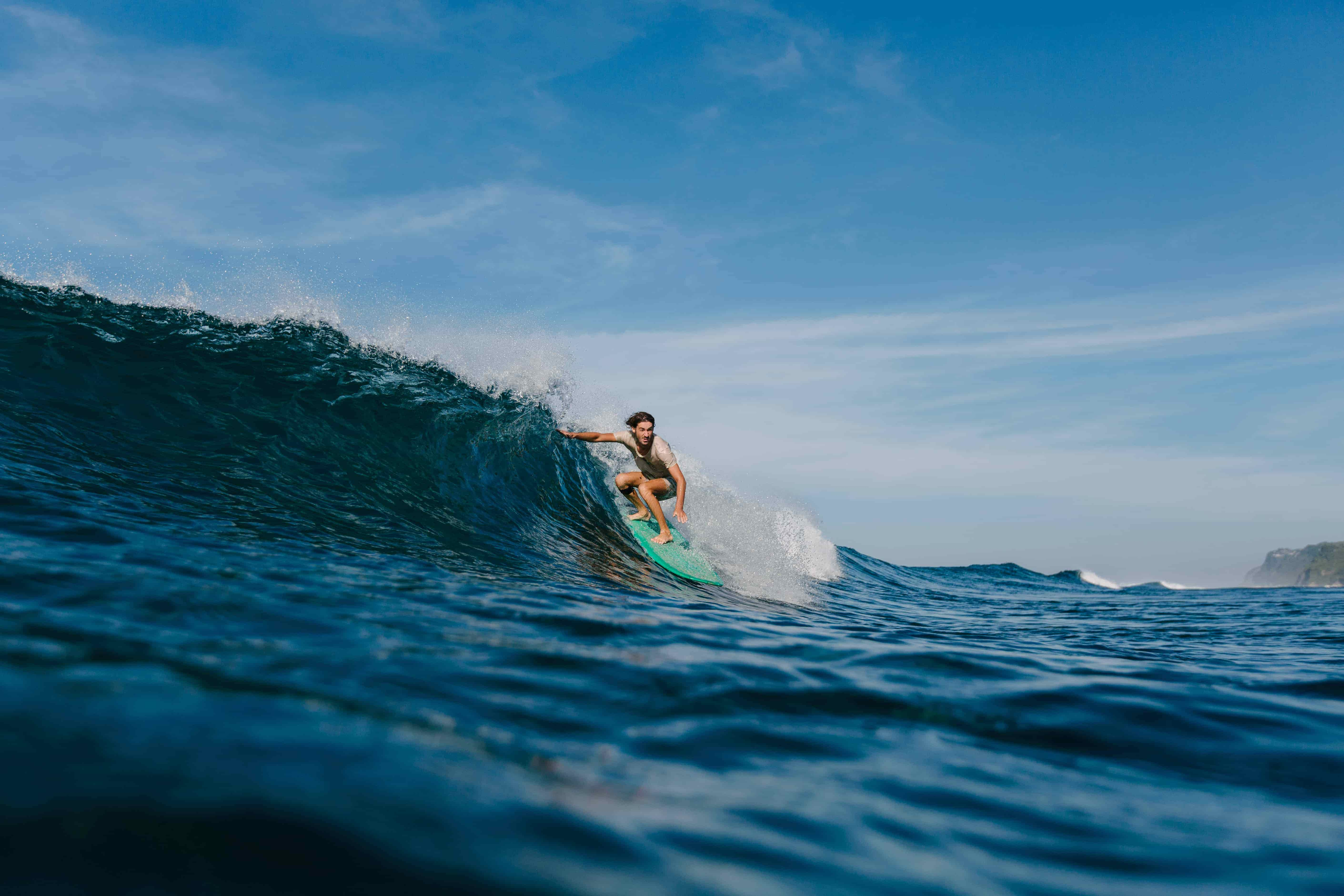How much should a surf lesson be?
At what age do surfers retire?
There is no set age at which surfers retire, as it really depends on the individual's physical condition, skill level, and personal preferences. Some surfers are able to continue riding waves well into their 40s, 50s, and even beyond, while others may retire from professional surfing in their 20s or 30s due to injury, burnout, or other reasons.
One thing that is important to note is that surfing, like any other sport, can take a toll on the body over time. The repetitive motions involved in paddling and popping up can lead to joint pain, while wiping out can cause injuries ranging from cuts and bruises to broken bones and more serious traumas. As a result, many surfers may choose to scale back their activity as they get older, either by reducing the frequency and intensity of their sessions or by switching to less demanding styles of surfing such as longboarding. However, with proper care and attention to their physical health, many surfers are able to continue enjoying this exhilarating sport well into their golden years. So if you're passionate about surfing and want to keep riding the waves for as long as possible, there's no reason to let age hold you back!

At what age do surfers retire?
While surfing might not be a literal fountain of youth, it can certainly help to make you feel and look younger. This is because surfing is a fantastic form of exercise, which has been shown to have a multitude of benefits for your physical and mental health.
For starters, regular physical activity such as surfing can help to improve your cardiovascular health, reduce inflammation, and boost your immune system, all of which can help to keep you feeling young and vital. Additionally, exercise has been shown to have a positive impact on your mood, reducing stress, anxiety, and depression and promoting a sense of wellbeing and contentment. Furthermore, the natural setting of the ocean and the waves can have a calming effect on the mind, helping to reduce cortisol levels and promote relaxation. All of these factors can contribute to a more youthful, vibrant, and energetic outlook on life, which can translate into a more youthful appearance overall.
Of course, it's important to remember that aging is a natural process that can't be completely halted or reversed by any one activity. However, if you're looking for a way to stay active, healthy, and youthful for as long as possible, surfing is an excellent option that can help you to feel your best and enjoy all the benefits that come with an active, adventurous lifestyle.
What is the first rule of surfing?
If you're new to surfing, one of the most important things to keep in mind is the "first rule" of surfing: always respect the ocean. While it can be tempting to approach the waves with a sense of excitement and bravado, it's essential to remember that the ocean can be a powerful, unpredictable force that demands our respect and caution.
Respecting the ocean means understanding its many moods and characteristics, such as the way waves can change in size, shape, and intensity depending on the weather and other factors. It also means taking appropriate safety measures, such as wearing a leash to prevent your board from getting away from you, checking the conditions before heading out, and knowing how to swim and handle yourself in the water. Additionally, respecting the ocean means treating the environment with care and keeping it clean and free of litter, as well as avoiding damaging reefs, sea life, and other natural features. By following these basic guidelines, you can not only stay safe while surfing, but also develop a deeper appreciation and understanding of the ocean and all its wonders.


Does surf hit everyone?
If you're new to surfing, you might be wondering whether you're at risk of getting hit by a wave. The truth is, while wipeouts are certainly a common part of surfing, not everyone gets hit by waves on a regular basis. Much of it depends on your skill level, your ability to read the waves, and the conditions of the surf on any given day.
Generally speaking, more experienced surfers are less likely to get hit by waves, as they have developed a better sense of how to navigate the water and avoid hazards such as rocks, reefs, and other surfers. However, even the most skilled surfers will experience wipeouts from time to time, as no wave is completely predictable or controllable. That being said, wipeouts are a normal and expected part of the surfing experience, and as long as you take the proper safety precautions and use common sense when approaching the waves, you should be able to avoid serious injury and enjoy all the thrills that surfing has to offer. So don't be afraid to paddle out and catch some waves - with the right attitude and approach, surfing can be a safe and exciting adventure for everyone.
Is it OK to surf at night?
Surfing at night can be an exhilarating and unforgettable experience, but it's important to remember that there are also some risks and challenges involved. Before heading out to catch some waves after dark, it's important to consider a few key factors to ensure that you stay safe and have a positive surfing experience.
One of the biggest risks of surfing at night is reduced visibility, which can make it difficult to read the waves, avoid hazards, and stay aware of other surfers in the water. However, there are ways to mitigate this risk, such as wearing a high-visibility wetsuit, using a waterproof headlamp or other lighting device, and surfing in well-lit areas with good visibility. It's also important to be aware of the local conditions, such as the strength of the tides and currents, as these can be more challenging to navigate in the dark. By taking these precautions and being mindful of the unique challenges of night surfing, it's possible to enjoy all the thrills and excitement of surfing after the sun goes down.


Whats the hardest thing about surfing?
Surfing is one of the most exciting and challenging water sports out there. It's an activity that requires a lot of skill, strength, and patience. While it's incredibly fun and rewarding, it's not without its difficulties. In fact, the hardest thing about surfing is that it requires a lot of dedication and practice to master.
One of the biggest challenges of surfing is learning to read the waves. Surfing involves riding waves, which can be unpredictable and ever-changing. You need to be able to read the waves, understand their direction, and anticipate their movements. This requires experience and skill, and it can take years to master. Additionally, surfing involves a lot of physical effort, and you need to be in good shape to be able to catch waves and stay on your board. Balancing on a moving board while fighting against strong currents is no easy feat, and it can be tiring and frustrating at times. However, with enough determination and practice, anyone can become a skilled surfer and enjoy the thrill of riding the waves. So don't give up, and keep hitting the waves until you achieve your surfing goals!
Surf LessonsSurfing lessons in Lisbon
If you're looking to learn how to surf, there's no better place than Lisbon. Portugal's capital city is home to some of the best surf spots in Europe, with waves that are perfect for beginners and experts alike. Not only is Lisbon a beautiful and vibrant city, but it's also surrounded by stunning beaches that offer the perfect setting for learning how to surf. So why not book a surfing lesson in Lisbon and experience the thrill of riding the waves?
When it comes to surfing lessons in Lisbon, you're spoilt for choice. There are many surf schools and experienced instructors who offer high-quality lessons for all skill levels. These lessons typically include everything you need to get started, such as a surfboard, wetsuit, and professional guidance from experienced surfers. They'll teach you the basics of surfing, including how to paddle, catch a wave, and stand up on your board. Not only will you learn how to surf, but you'll also get a great workout and have a lot of fun in the process. So whether you're a complete beginner or an experienced surfer looking to improve your skills, a surfing lesson in Lisbon is a must-do activity that will leave you with memories that will last a lifetime.

Check our other pages :
- Surf Lessons
- Best surf in Portugal
- Best surf in Lisbon
- Caparica surf
- Carcavelos surf
- Surf Lisbon
- Waves in Portugal
- Best surf
- Surf Portugal
- Surfing lessons
- Surf school
- Surf School in Portugal
- Surf School in Lisbon
- Surf School in Costa da Caparica
- Surf School in Caparica
- Surfing class
- surfers
- surfed
- shortboards
- surfing
- sup surfing
- surf breaks
- stand up paddling
- surf culture
- big wave
- stand up paddleboard (sup)
- longboarding
- surf camps
- surfing lifestyle
- paddleboard
- surf
- surf lessons near me
- learn to surf
- surfing classes near me
- surfing classes
- learn to surf near me
- surfing classes
- learning to surf at 50
- surfing near Lisbon
- How many lessons does it take to learn to surf?
- How much does it cost to learn surfing?
- How much should a surf lesson be?
- Is 30 too late to learn to surf?
- Can you surf if you can't swim?
- Is it risky to surf?
- Can you learn to surf in 3 days?
- Is surfing a cheap hobby?
- Is surfing easy or hard?
- What is the best age for surfing?
- Is surfing worth learning?
- Is surfing a good enough workout?
- Can a 70 year old learn to surf?
- Why do surfers surf so early?
- Is learning to surf hard?
- Is it OK to surf alone?
- Do you have to wear a wetsuit when surfing?
- Can you learn to surf in a day?
- Is surfing painful?
- What are the negative effects of surfing?
- Does surfing give you a good body?
- Is surfing scary for beginners?
- How long do surfers wait for waves?
- How many hours should you surf a day?
- Is surfing addictive?
- Is surfing a high risk sport?
- Are surfers happy?
- Do you need to be fit to surf?
- Is 1 foot enough for surfing?
- Is surfing exhausting?
- Can I start surfing at 26?
- What is the average height of a surfer?
- Can you learn to surf over 50?
- Is surfing good for your brain?
- Is surfing easier than skating?
- How many days you can learn surfing?
- What body type is best for surfing?
- Why do surfers have good skin?
- Can you get a six pack from surfing?
- Does surfing give you wrinkles?
- At what age do surfers retire?
- Does surfing make you younger?
- What is the first rule of surfing?
- Does surf hit everyone?
- Is it OK to surf at night?
- Whats the hardest thing about surfing?
- Surfing lessons in Lisbon
- Surfing lesson in Costa da Caparica
- Surfing lessons in Caparica
- Surfing lessons Costa da Caparica
- Surfing lesson in Lisboa
- Surf lessons Portugal
- Wanted Surf School
- Wanted Surf lessons
- Surf Camp
- Best Lisbon Surfing Lessons
- Surf Lessons for Beginners
- Surf Lessons for intermediate
- Surf Lessons for advanced
- Group Surf Lessons
- Private Surf Lessons
- Kids Surf Lessons
- surf course
- surfing academy
- surf instruction